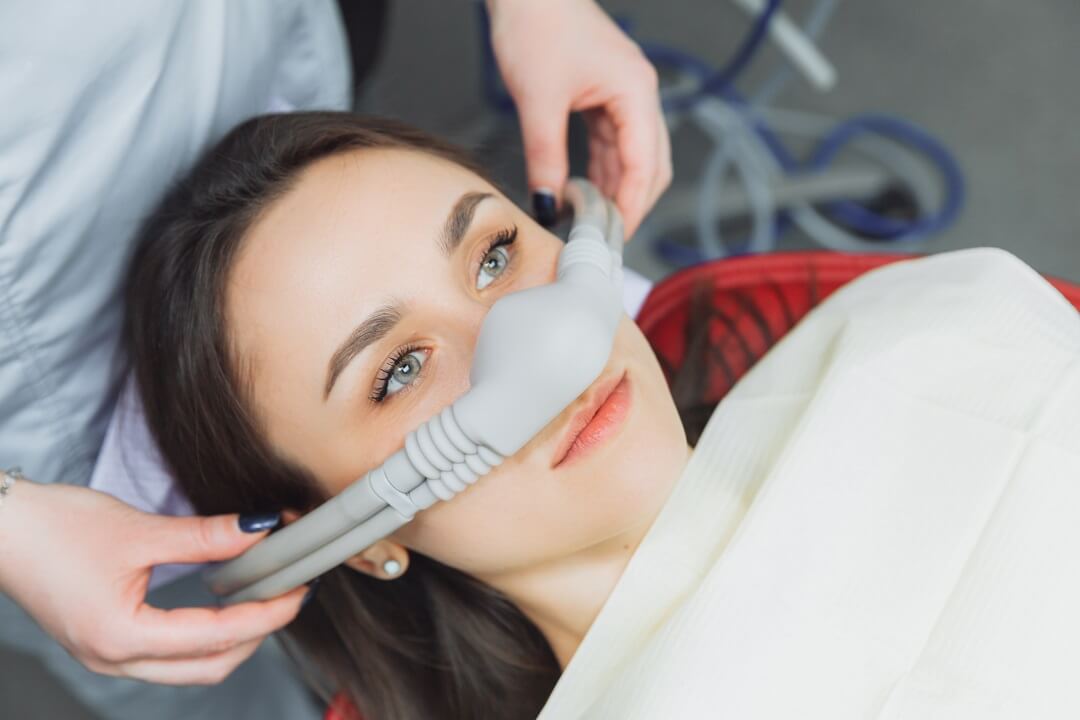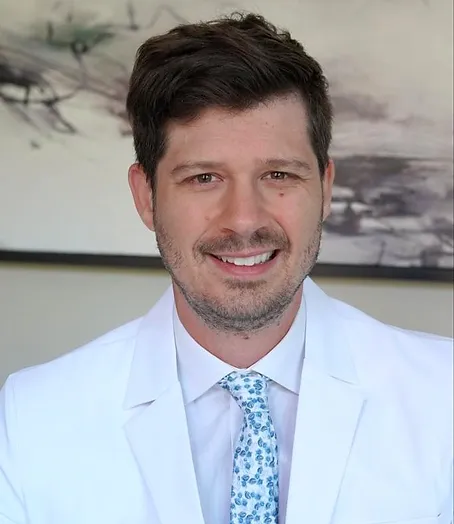x

ONTARIO STUDY CLUB
Includes This Course:
Review of Emergencies in the Dental Office

Jan 31st - Feb 2nd, 2026 | March 28th - 30th, 2026 | May 23rd - 25th, 2026 | July 11th - 13th, 2026 | Sept 26th - 28th, 2026 | Nov 14th - 16th, 2026
3 Days
10 students per session
6 CE Core 1 + 16 CE Core 2
before taxes
C$ 2499
A pre-requisite for this course, however, participants who enroll in the Nitrous Oxide and Oral Sedation course are automatically enrolled in the ‘Review of Dental Emergencies in the Dental Office’. The general dentist will have an increased aptitude to recognize signs and symptoms of potential office emergencies and will be equipped with the knowledge to intervene appropriately.
A multiple-choice exam will be administered and a minimum score of 70% must be attained to be considered to have successfully completed the course. A maximum of 1 exam retake will be allowed.
Second part of the course has the purpose of providing clinical and didactic skills for dentists to administer Minimal Sedation effectively and safely by either Nitrous Oxide or Oral medication, or to administer Moderate Sedation with the above routes independently or in combination.
A multiple-choice exam will be administered and a minimum score of 80% must be attained to be considered to have successfully completed the course. A maximum of 1 exam retake will be allowed.
Note: Prior self-study of the course material is required. All participants will be evaluated on technical aspects and didactic components to ensure competency. A participant who scores between 65%-79% on the sedation exam will not be considered to have successfully completed this course and considered only to be potentially qualified to administer Minimal Sedation Nitrous Oxide.
B.Sc., D.D.S., M.Sc., Dip. A.D.B.A Dentist Anesthesiologist
Dr. Prince is a Dental Anesthesiologist who primarily works in private practice and has had a remarkable educational journey, both as a student and instructor. He started his journey with a Bachelor of Science (B.Sc) from the University of Windsor. His next step was obtaining a Doctor of Dental Surgery (D.D.S.) degree from the Schulich School of Medicine and Dentistry at the University of Western Ontario in 2014. His next step was completion of the Graduate Dental Anesthesia Program at the University of Toronto, where he acquired his Master of Science (M.Sc.). His commitment to dentistry brought him to the educational field, where Dr. Prince started as a part-time clinical instructor at the Faculty of Dentistry at the University of Toronto. Additionally, he is an inspector for the RCDSO (Royal College of Dental Surgeons of Ontario). Dr. Prince’s dedication is showcased in his position as the course director for several Core-1 courses within the University of Toronto’s Continuing Dental Education department and as a course director and speaker for Dentistry for Future. This multifaceted involvement reflected his passion for excellence in dental education and patient care.



Day 1 – 9:00am – 4:00 pm
Day 2 – 8:30am – 8:30pm
Day 3 – 8:30am – 4:30pm
Virtual (Zoom link to be provided)
Day 1 – 9am – 4pm
Note: Orders of topics and locations are subject to change
100 Britannia Rd E Mississauga, ON, L4Z 2G1 (At Holiday Inn – Whittle Room)
Day 2 – 8:30am – 8:30pm
Note: Orders of topics and locations are subject to change
The Tooth Corner (Central Parkway Mall) 377 Burnhamthorpe Rd. E, Mississauga, ON, L5A3Y1
Day 3 – 8:30 am – 4:30pm
Note: Orders of topics and locations are subject to change
Jan 31st – Feb 2nd, 2026
March 28th – 30th, 2026
May 23rd – 25th, 2026
July 11th – 13th, 2026
Sept 26th – 28th, 2026
Nov 14th – 16th, 2026
Support
Everything you need to know about this course. Can't find the answer you're looking for? Please contact our team.
Get in Touch